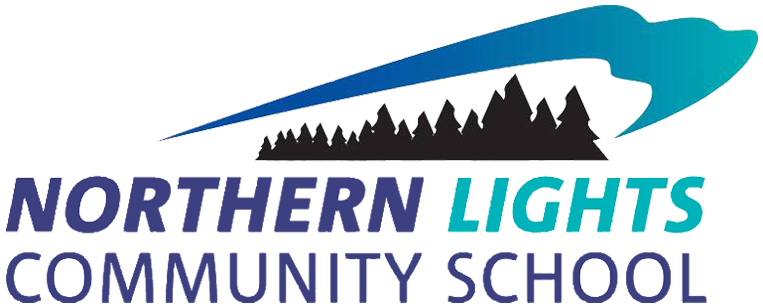WHY NLCS?
Environmental Focus
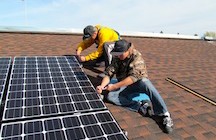
Northern Lights Community School has an environmental theme throughout the curricula. NLCS has a school garden and greenhouse for growing its own food. NLCS also uses solar panels and geothermal energy to help power the building. NLCS participates in many experiences though out the year in Minnesota's nature. NLCS students and staff are consistently finding better ways to become more sustainable.
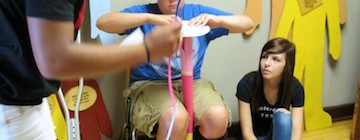
Northern Lights Community School (NLCS) uses the project-based learning model (PBL). This format is over 30 years old and is being successfully implemented in a number of charter schools around the state and country.
Students learn what they need to know, and acquire a depth of knowledge about their passions and interests.
Research and documentation skills are developed and refined.
Organizational and goal setting skills are closely monitored.
Increased independence and responsibility for learning are promoted.
Creativity and problem solving opportunities are plentiful.
Continual reflection and growing knowledge is expected of each learner (learning styles).
Students are more connected to their community because of flexibility of the schedule.
Small Accepting Community
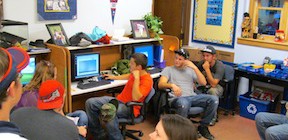
Students at NLCS are much more than a number. There
is less than 10:1 student to staff ratio in every room. NLCS is more of a family than a school. Everyone at NLCS is celebrated for being a unique individual.
Students Drive the Education
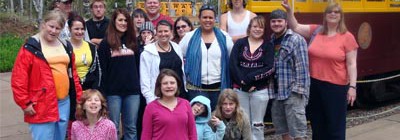
Every student has a personalized learning plan.
Each student is one of 20 students in a multi-age advisory group where building community and belonging is the focus.
Advisors work with students and their parents to achieve goals in the learning plan.
Students complete research projects to earn credits (not letter grades).
Several subject areas are incorporated into each project.
Seminars and advisor-led projects help new studnts learn to create and complete effective projects.
Each student has an ongoing learning portfolio.
Students' work includes time spent on service-learning.
Math is taught in small groups based on students' skill levels.
Creating a passion for learning is essential to each student's experience in school
